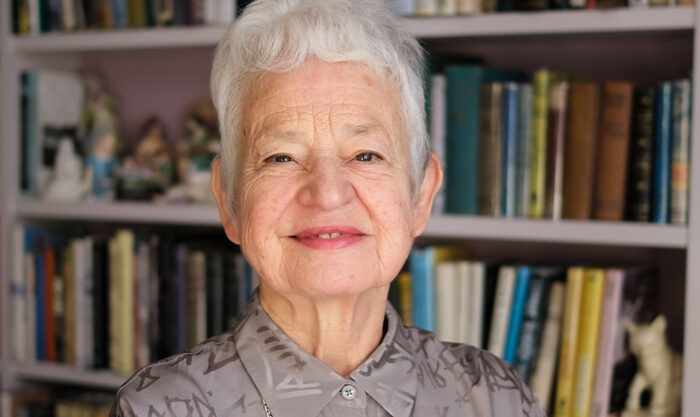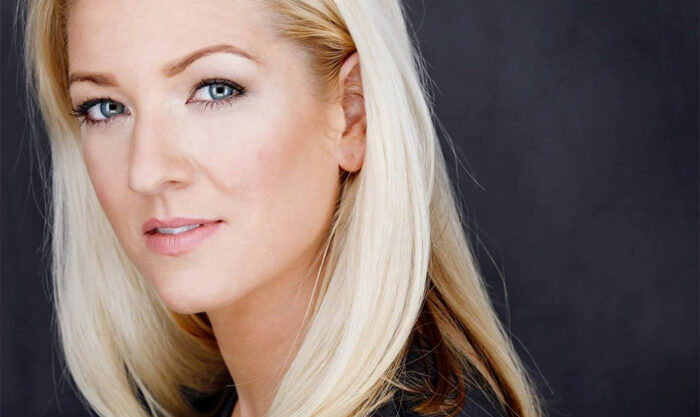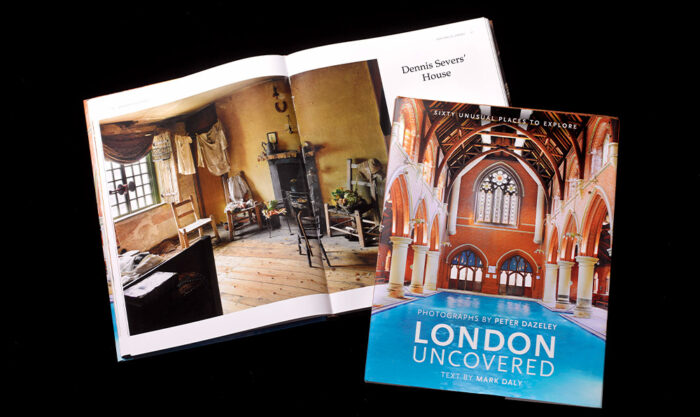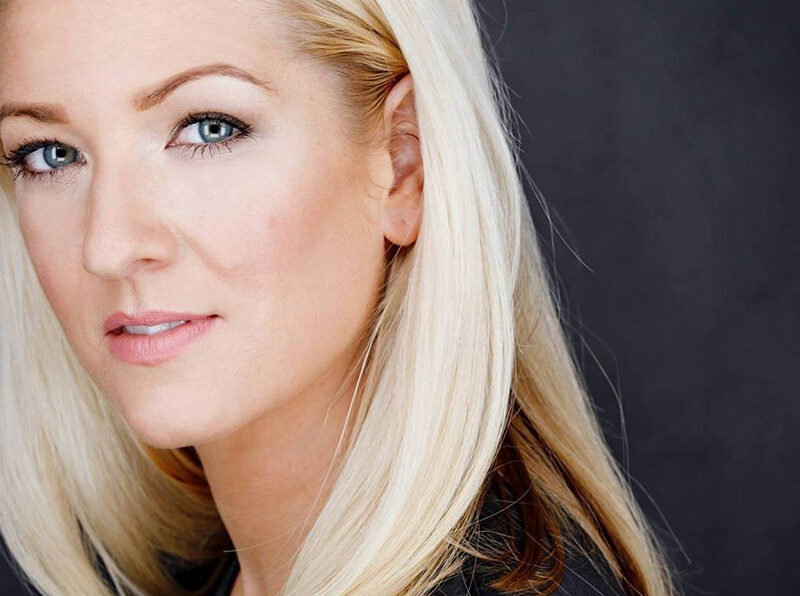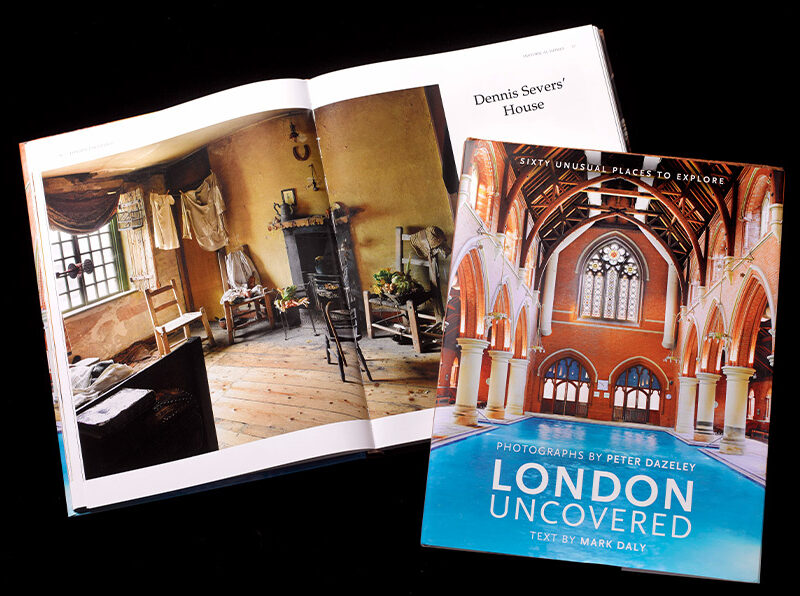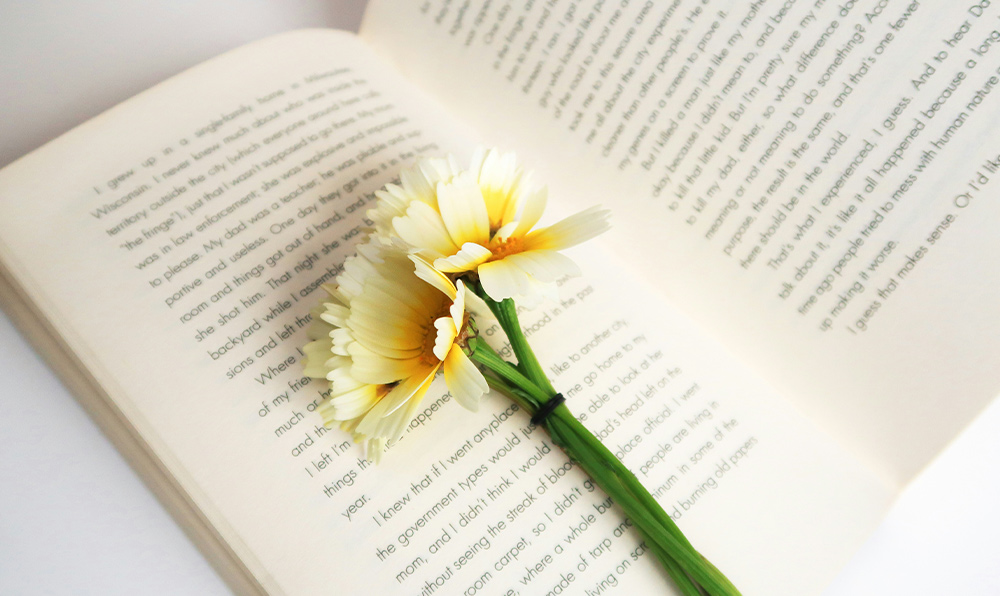
What’s New in Books for Spring?
What’s New in Books for Spring?
Julie Anderson on new fiction releases
The recent unremitting cold and rain in London has sent me on my book travels among the latest releases to find novels set in foreign climes (with rather better weather). As a result, the books discussed in this column are, in many ways, very different but they have certain things in common. They are all set abroad, all written by women and, at least in part, concern crimes, past or present. They also all feature refugees or displaced people. All are published this spring.
First, Death Flight by Sarah Sultoon (Orenda Books, £9.99, 2024). An exciting and satisfyingly complex story set in Argentina in 1998, it harks back to that country’s ‘Dirty War’ of the early 1980s. It begins when human remains are washed up on the seafront, an echo of the mutilated bodies brought in by the tide when opponents to the military regime were tortured before being flung, alive, from planes. Jonny Murphy, a young international journalist with a troubled past, covers this story. He is in Buenos Aires determined to find evidence of ‘the missing’, the children of victims of the war who were taken from their parents, but he and his photographer are told to cover the financial crisis instead. Needless to say, they refuse to be side-tracked. As they delve deeper to discover a past of torture chambers and kidnappings, they also learn that many of those who committed such atrocities are still around and determined that their crimes shall remain hidden. Yet they also discover the completely unexpected, a love story.
Before becoming a prize-winning novelist, Sultoon was an award-winning journalist with CNN and it shows; in the description of the riot outside the Casa Rosada, for example, which is visceral, claustrophobic and reeks of danger; in the constant evaluation of ‘the story’ and in what is journalistically ethical and what is not. If you enjoy books with a hefty chunk of relatively recent history, some moral ambiguity and some thrills and spills, this is for you.
MORE ON BOOKS:
My second book Bonjour Sophie is by Elizabeth Buchan, a SW London local. It’s published by Corvus (£14.99) in April. This is a delightful and compelling coming-of-age tale, set in Sussex and Paris on the cusp of the 1960s, as eighteen-year-old Sophie, a French refugee, tries to work out what kind of future she wants. Precocious and intelligent, with a mind full of ideas, she vacillates between logic and romance, discovers sex and plots how she might escape her grim existence of domestic servitude with her adopted parents, the penurious and self-righteous Knoxes.
One constant she is sure of is her desire to discover what happened to her father, killed during World War Two and described by her, since deceased, mother as ‘a hero’. This, eventually, is the path she takes, decamping to the Paris of the Left Bank, Deux Magots and art, with little money and grand plans, determined, if she can, to be an independent woman and to find out about her father’s fate. Along the way she encounters the corruption of luxury and wealth, good fellowship and kindness and enduring loyalty. She also discovers her vocation. Written with a lightness of touch and humour which often undercuts expectation in a surprising way, this is an enchanting tale. A profoundly kind book, with a deep understanding of what it is to be human, its protagonist grows up reluctant to condemn, instead she empathises and forgives. Bonjour, Sophie charms and delights with its life-affirming generosity of spirit. It will also make you laugh.
Finally, Back from the Dead by Heidi Amsinck (Muswell Press, £10.99) published in April. This is the third of the Jensen books set in Copenhagen, but it can be read as a standalone story. Its heroine is also a journalist, one who has spent years at her newspaper’s London bureau so is seen as something of an outsider in Denmark’s capital to which she has returned. Amsinck captures the relative smallness of Copenhagen and its unusual, watery geography, as it endures a sweltering heatwave, which turns this northern city into a Mediterranean-style town and which increases Jensen’s feeling of alienation.
Closer to the traditional structure of the crime novel than my other two choices, this also features the emergence of bodies from the water. The investigation into these murders reveals a web of blackmail, manipulation and extortion amongst Copenhagen’s elite. Its wide cast covers the whole range of Copenhagen society; including the staff of Jensen’s newspaper, the police team, a Danish MP and a millionaire property developer as well as assorted refugees and immigrants. The crime thread is twisty and tangled, as is the thread of relationships, between the heroine and the married cop, who is her former lover, her new boyfriend and another potential suitor, the exploitative MP. I particularly enjoyed the character of trainee journalist Gustav, the vaping, feckless teenage nephew of Jensen’s boss, who, it isn’t giving much away to say, comes good in the end.
Three books out this Spring, set in foreign locations, to whisk you away from a grim and wet London.
Julie Anderson’s novel The Midnight Man is published by Hobeck Books on 30th April and is available for pre-order now.



